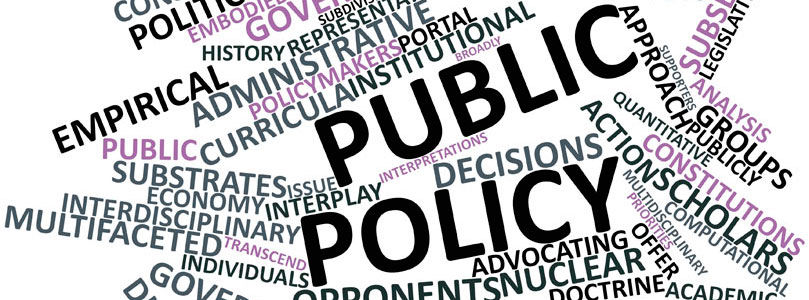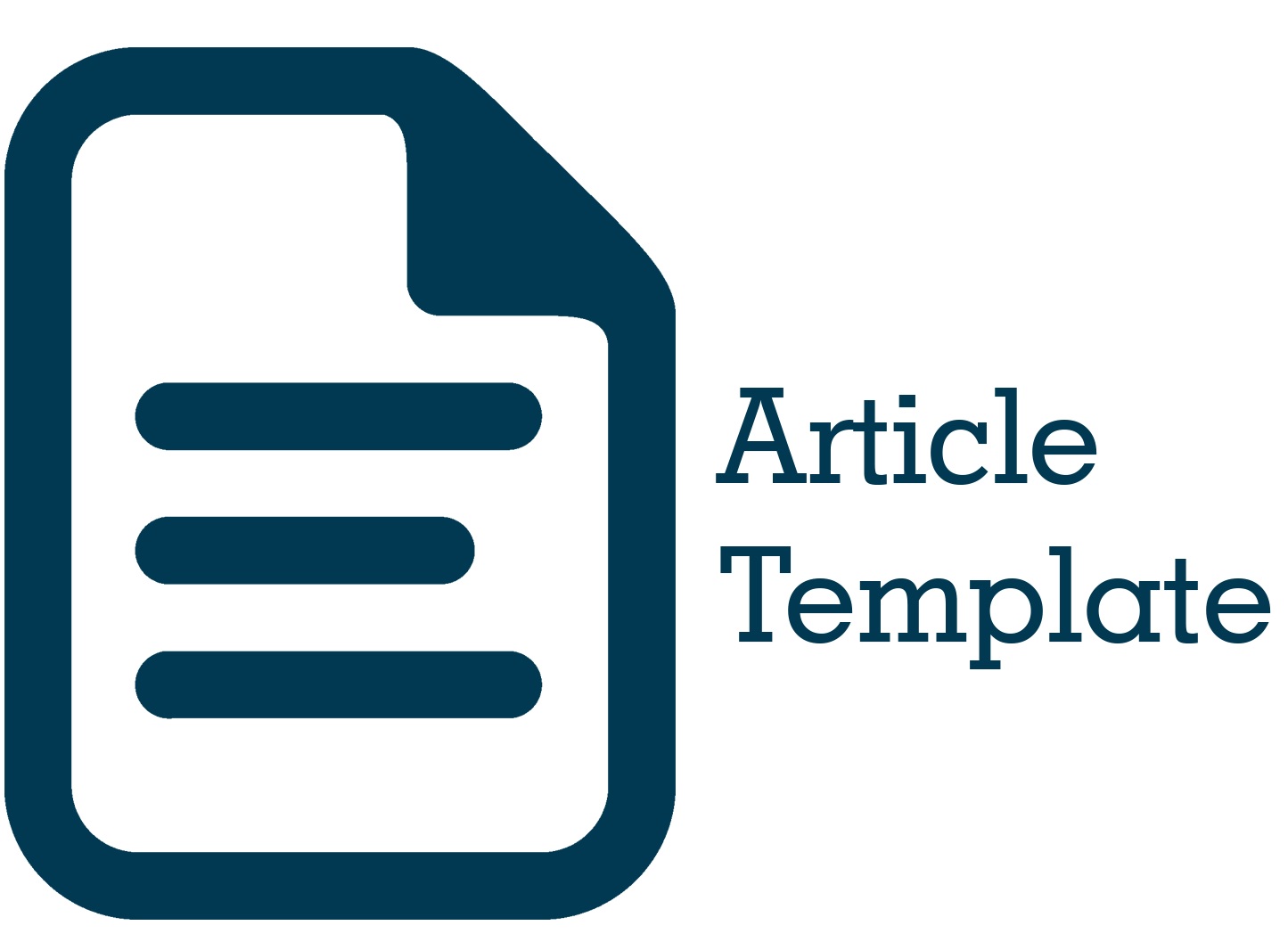The Power of Recognition: Enhancing Employee Performance Through Commitment and Satisfaction
DOI:
https://doi.org/10.51135/PublicPolicy.v5.i2.p1077-1093Keywords:
Employee Performance, Job Satisfaction, Organizational Commitment, Reward SystemAbstract
The study sought to find out how the reward system and job satisfaction of employees can affect their work. It was conducted in The One-Stop-Investment-and- Integrated-Services-Office (DPMPTSP) in Surakarta City, Indonesia. For the sample selection process, individuals used either census or saturated samples. The study used a combination of statistical methods to analyze the data. It is found that various factors, such as organizational commitment and the reward system, have a significant impact on job satisfaction. It's hard to determine exactly how job satisfaction and the reward system affect an employee's performance, but it can help explain why commitment is associated with better performance.
Downloads
References
Abni, A., & Hamdani, R. (2023). Komitmen organisasi dan kepuasan kerja terhadap kinerja karyawan pada perusahaan perkebunan di Indonesia. Proceeding of National Conference on Accounting & Finance, 311–318. https://doi.org/10.20885/ncaf.vol5.art36
Astuti, M., Pratiwi, A., & Anggarini, D. R. (2022). Pengaruh Sistem Reward dan Punishment Terhadap Peningkatan Disiplin Kerja Karyawan PT. Yamaha Lautan Teduh Interniaga Lampung. TECHNOBIZ: International Journal of Business, 5(1), 59–67. https://ejurnal.teknokrat.ac.id/index.php/technobiz/article/view/2029
Bagis, F., Darmawan, A., Hidayah, A., & Ikhsani, M. M. (2020). The influence of Leadership Style and Organizational Culture by Mediating Job Satisfaction on an Organizational Commitment Case Study in Employees of Islamic Education Institution. Jurnal Ilmiah Ekonomi Islam, 6(3), 616–620. http://dx.doi.org/10.29040/jiei.v6i3.1450
Basri, A. F. M., & Rivai, V. (2005). Performance Appraisal. Jakarta: PT Raja. Grafindo Persada.
Gilbert, T. F. (2013). Human Competence: Engineering Worthy Performance. John Wiley & Sons. https://sulkurl.com/fpB
Gulo, Y. (2013). Faktor-Faktor yang Mempengaruhi Komitmen Organisasi Karyawan. Jurnal Bisnis Dan Akuntansi, 15(1a). https://doi.org/10.34208/jba.v15i1a.316
Hapsari, N., & Prastiwi, A. (2011). Pengaruh Partisipasi Penyusunan Anggaran Terhadap Kinerja Manajerial dengan Komitmen Organisasi dan Locus of Control Sebagai Variabel Moderating (Studi Kasus pada PT. Adhi Karya (Persero) tbk. Divisi Konstruksi I). Universitas Diponegoro. http://eprints.undip.ac.id/26440/
Hasanah, H. (2013). Pengaruh Total Quality Management Terhadap Kinerja Manajerial dengan Sistem Pengukuran Kinerja dan Sistem Penghargaan sebagai Variabel Moderating (Studi Empirispada Staf Akuntansi Perusahaan Jasa di Wilayah Jakarta dan Tangerang). https://repository.uinjkt.ac.id/dspace/handle/123456789/23988
Hasibuan, M. S. P. (2003). Manajemen Sumber Daya Manusia, Jakarta: PT. Bumi Aksara.
Hasibuan, M. S. P. (2011). Manajemen Sumber Daya Manusia. Bumi aksara. https://repository.widyatama.ac.id/server/api/core/bitstreams/8247d3c3-0f01-4693-8c43-921999a7b455/content
Lawler, E. E., & Porter, L. W. (1967). The Effect of Performance on Job Satisfaction. Industrial Relations. https://psycnet.apa.org/doi/10.1111/j.1468-232X.1967.tb01060.x
Luthans, F. (2006). Perilaku Organisasi. Tenth Edition. McGraw-Hill Companies Inc.
Moeheriono, M. (2014). Pengukuran Kinerja Berbasis Kompetensi (Revisi). Jakarta: PT Raja Grafindo Persada.
Nanda, A. S. (2017). Pengaruh Kepemimpinan, Disiplin Kerja dan Motivasi Terhadap Kinerja Karyawan Mannayo Resto & Cafe Purwokerto. Universitas Muhammadiyah Purwokerto. https://repository.ump.ac.id/3790/1/COVER_ADITYA%20SATRIA%20NANDA_MANAJEMEN%2717.pdf
Permata, C. I. (2017). Pengaruh Kepuasan Kerja Terhadap Kinerja Karyawan Melalui Komitmen Organisasi Sebagai Variabel Intervening (Studi Kasus Staff Karyawan PT. Subaindo Cahaya Polintraco Surabaya). Jurnal Ilmu Manajemen (JIM), 5(3), 1–10. https://core.ac.uk/download/pdf/230762959.pdf
Pratama, M. F. A., & Handayani, W. P. P. (2022). Pengaruh Reward dan Punishment Terhadap Kinerja Karyawan. Jurnal Sosial Ekonomi Bisnis, 2(2), 62–70. https://doi.org/10.55587/jseb.v2i2.46
Putra, T. A., & Sutianingsih, S. (2023). Peran Mediasi Kepuasan Kerja Dalam Hubungan Antara Pengembangan Karir, Pelatihan Kerja Dan Kinerja Karyawan. Jurnal Ilmiah Edunomika, 7(2). http://dx.doi.org/10.29040/jie.v7i2.8896
Redy Adhi, S. (2021). Analisis Sistem Reward & Punishment dan Motivasi Kerja Terhadap Disiplin Kerja (Studi Kasus PT. Prakarsa Alam Segar).Akrab Juara; Jurnal Ilmu-Ilmu Sosial, 6(3), http://akrabjuara.com/index.php/akrabjuara/article/view/1548
Rheznadhiya, Y. A., & Suryani, R. E. (2023). Pengaruh Beban Kerja, Lingkungan Kerja dan Komitmen Organisasi Terhadap Kinerja Karyawan PT. Pos Indonesia Kantor Cabang Utama Bekasi. IKRAITH-EKONOMIKA, 6(3), 212–220. https://doi.org/10.37817/ikraith-ekonomika.v6i3
Rivaldo, Y., Sulaksono, D. H., & Pratama, Y. (2021). Pengaruh Stres Kerja, Komunikasi, Komitmen Organisasi dan Motivasi Terhadap Kepuasan Kerja Pegawai Damkar Pemko Batam. Jurnal Manajemen Dan Kewirausahaan, 1(1), 49–58. https://doi.org/10.36352/jumka.v1i1.149
Siagian, N. F., Enre, A., & Panjaitan, R. E. (2019). Pengaruh Kepemimpinan dan Sistem Penghargaan terhadap Kinerja Pegawai dengan Kepuasan Kerja sebagai Variabel Media. Jesya (Jurnal Ekonomi Dan Ekonomi Syariah), 2(2), 453–461. https://doi.org/10.36778/jesya.v2i2.113
Sinaga, E. Y. (2009). Pengaruh Partisipasi Anggaran dan Komitmen Organisasi Terhadap Kinerja Manajerial pada PT. Perkebunan Nusantara III Sei Sikambing Medan. https://repositori.usu.ac.id/handle/123456789/61721
Sopiah. (2008). Perilaku Organisasional. Penerbit Andi.
Sukmono, A., & Edy Suwasono, S. (2020). Analisis Kompensasi, Stres dan Disiplin terhadap Kinerja PegawaiKantor Pelayanan Pajak Pratama Tulungagung. Journal Otonomi, 20(2), 326–333. https://shorturl.at/wVzvgSunyoto, D. (2012). Manajemen Sumber Daya Manusia. PT Buku Seru.
Sutianingsih, M. R. (2023). Efek Mediasi Kepuasan Kerja: Dampak Work-Life Balance dan Disiplin Kerja Terhadap Kinerja Pegawai. Research Fair Unisri, 7(2), 170–181. https://doi.org/10.33061/rsfu.v7i2.9980
Sutianingsih, S., & Handayani, R. (2023). Individual Characteristics in Path-Goal Theory to Increase Productivity. Jurnal Riset Bisnis Dan Manajemen, 16(2), 142–151. https://journal.unpas.ac.id/index.php/jrbm/issue/archive
Umar, H. (2001). Riset sumber daya manusia dalam organisasi. Gramedia Pustaka Utama.
Wijayanti, W., & Budiani, M. (2021). Hubungan antara Iklim Organisasi dan Sistem Penghargaan dengan Work Engagement pada Karyawan PT. X. Character: Jurnal Penelitian Psikologi Karyawan, 8(4), 168–179. https://ejournal.unesa.ac.id/index.php/character/article/view/41168
Yuliadi, K., & Sutianingsih, S. (2023). Pengaruh Komitmen Organisasi, Motivasi dan Disiplin Kerja Terhadap Kinerja Pegawai Dinas Kearsipan Dan Perpustakaan Kabupaten Boyolali. Jurnal Akuntansi Dan Pajak, 23(2). http://dx.doi.org/10.29040/jap.v23i2.7185

Downloads
Published
How to Cite
Issue
Section
License
Copyright (c) 2024 author(s)

This work is licensed under a Creative Commons Attribution-ShareAlike 4.0 International License.
Authors whose manuscripts are published in the Journal of Public Policy must agree to the following terms;
- Publication rights for all manuscript materials published are held by the editorial board with the author's consent.
- The legal formalities for digital access to the Journal of Public Policy are subject to the Creative Commons Attribution Sharealike (CC BY SA) license, which means the Journal of Public Policy has the right to store, redistribute, reformat, manage in a database, maintain, and publish the manuscript without seeking permission from the author as long as the author's name is included as the copyright owner.
- Published manuscripts are open access for the purpose of disseminating research results. Besides this purpose, the editorial board is not responsible for copyright law violations.


.png)



